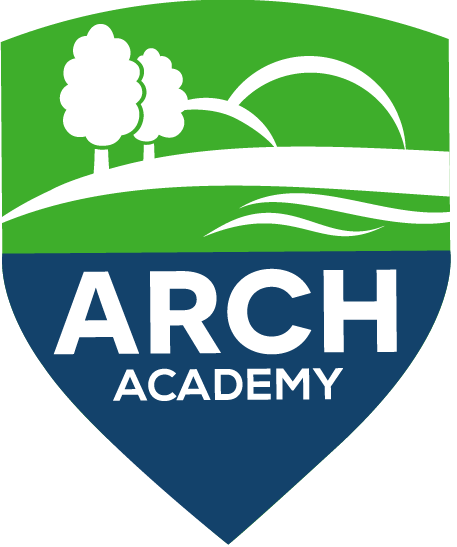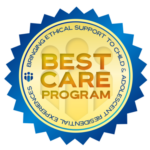As a parent, you may be worried about your teenage son using drugs like marijuana or meth, without ever considering that an equally dangerous, addictive substance could be hiding in plain sight in your home’s medicine cabinet. Teen prescription medication abuse is a growing concern among health professionals because these drugs are readily available and have a high potential for addiction. Here is what you need to know about the risks of prescription medications for teenagers.
Why Teens Use and Abuse Prescription Drugs
Adolescence brings a volatile combination of factors that could make teens more likely to misuse drugs.
- Peer pressure: Students who are struggling to make friends at school might take drugs in hopes of fitting in.
- Stress management: A teen who lacks a healthy outlet for stress could turn to drugs in a misguided attempt to find relief from challenging emotions.
- Rebellion: Drugs may seem like an appealing way for adolescents to act out against their parents.
- Curiosity: Kids who have grown up hearing about various drugs may want to experience the effects for themselves.
For a teenager with the desire to use drugs, prescription medications can be a tempting target. Due to the prevalence of prescriptions such as Adderall, Xanax and Vicodin, your son might need to look no further than your household medicine cabinet to discover a pharmaceutical jackpot. And, even if nobody in your family uses these medications, there’s a good chance one of his classmates has ready access to them and is willing to share.
Teens and Risk-Taking Behavior
Though your son’s brain may be fully grown, it is still not finished maturing. Underdeveloped impulse control and decision-making skills might cause teenagers to behave recklessly because they can’t foresee any negative consequences. They could also be genuinely unaware that using someone else’s medication without a prescription is illegal and dangerous.
While prescription drugs undergo rigorous laboratory testing, that does not make them safe for everyone to use under all circumstances. For example, while Ritalin and Adderall can benefit users with a diagnosis of ADHD, they are stimulant drugs, which makes them a controlled substance. Using them without a medical necessity could cause unpleasant side effects like irritability, agitation, an irregular heartbeat or appetite changes.
Being a Proactive Parent
Educating yourself and your son about the dangers of prescription medication misuse is paramount if you hope to discourage the misconception that these drugs have no risky consequences. Emphasize that prescription medicines can lead to addiction and other health problems when used inappropriately. You can also take steps to dispose of unused medicine or keep your medicine cupboard safely locked.
Watch your son’s behavior carefully to monitor for any warning signs of prescription medication abuse, such as:
- Changes in mood, sleep patterns, hygiene or appetite
- Unusual or secretive activity
- Poor academic performance
- Dishonesty or denial about where he is going or who he is spending time with
- Lack of participation in previously enjoyable activities
- Finding a hidden stash of prescription pill bottles in his backpack, pockets or bedroom
Helping Young Men Restore Their Potential
Teen substance abuse can have many ramifications later in life, including academic issues, legal or financial problems, addiction and corresponding health issues. If you are concerned about your teen son’s future, please reach out to us at ARCH Academy today. We are an accredited alternative school that provides a single-gender environment for young men in grades 8 through 12. Here, your son can continue making academic progress while focusing on attaining lifelong sobriety.




